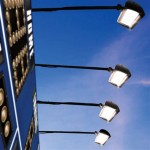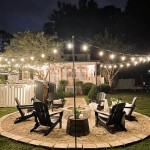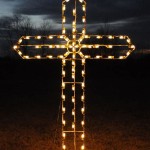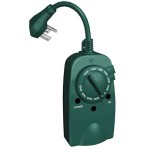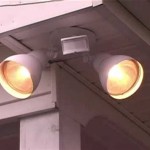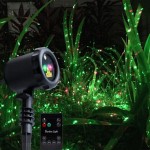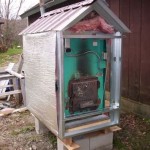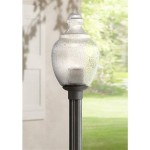How to Make Outdoor Lights Motion Sensored
Outdoor lighting plays a vital role in enhancing home security, illuminating pathways, and creating an inviting outdoor ambiance. Motion-activated lights are an excellent addition to any outdoor lighting system, providing added security and convenience. Here are essential aspects to consider when making outdoor lights motion-sensored.
Understanding Motion Sensors
Motion sensors are electronic devices that detect movement within a specified range. They work on various technologies, including passive infrared (PIR), microwave, and ultrasonic. When the sensor detects motion, it sends a signal to the light fixture, triggering the light to turn on.
Selecting the Right Sensor
Choosing the appropriate motion sensor is crucial to ensure effective operation. Consider factors such as detection range, detection angle, and sensitivity. The detection range determines the distance at which the sensor can detect motion, while the detection angle defines the area it covers. Sensitivity adjusts the sensor's threshold for detecting movement.
Planning the Installation
Proper installation is essential for optimal performance of motion-activated outdoor lights. Determine the ideal location for the light fixture and sensor considering areas with frequent movement and desired lighting coverage. Ensure the sensor has a clear line of sight to the areas to be monitored.
Wiring the Sensor and Light
The wiring process involves connecting the motion sensor to the power source and then to the light fixture. Refer to the manufacturer's instructions for specific wiring diagrams. Use appropriate wiring materials and follow safety precautions to prevent electrical hazards.
Adjusting the Sensor Settings
Once the installation is complete, adjust the motion sensor settings. This includes setting the detection range, detection angle, and sensitivity. The correct settings will ensure the light responds appropriately to movement and minimizes unnecessary activations.
Testing and Maintenance
After installation, test the motion sensor and light to ensure proper operation. Regularly check and clean the sensor to prevent dirt and debris from obstructing its detection capabilities. Periodically inspect the wiring to ensure a secure connection.
Conclusion
Making outdoor lights motion-sensored involves understanding motion sensors, selecting the right sensor, planning the installation, wiring the components, adjusting the sensor settings, and performing regular testing and maintenance. By considering these essential aspects, you can create an effective and efficient motion-activated outdoor lighting system that enhances security, convenience, and the overall aesthetics of your property.

Installing A Remote Motion Detector For Lighting Diy

Can You Add Motion Sensors To Existing Outdoor Lights Local Electrical Group

How To Make A Nice Looking Light Cover Go Over An Outdoor Hometalk

How To Install An Exterior Motion Sensor Light Security Lights Diy Home

The 3 Best Smart Outdoor Lights For Backyards Of 2024 Reviews By Wirecutter

Review Outdoor Motion Sensor Lights Led Mr Beams With Our Best Denver Lifestyle Blog

600 Lumen Motion Sensor Wall Security Light Outdoor Solar Powered With 56 Leds For Garage Front Door Yard Garden Diy At B Q

Harper Living Black Modern Clear Glass Motion Sensor Outdoor Wall Light Diy At B Q

Solar Outdoor Lights 266 Led Security 3 Heads Motion Sensor Ip65 Waterproof Spotlight 270 Wide Angle Flood Wall Easy To Install For Front Door Yard Garage Deck Temu

Photocell Motion Sensor 10a Energy Saving Switch For Lighting
Related Posts
